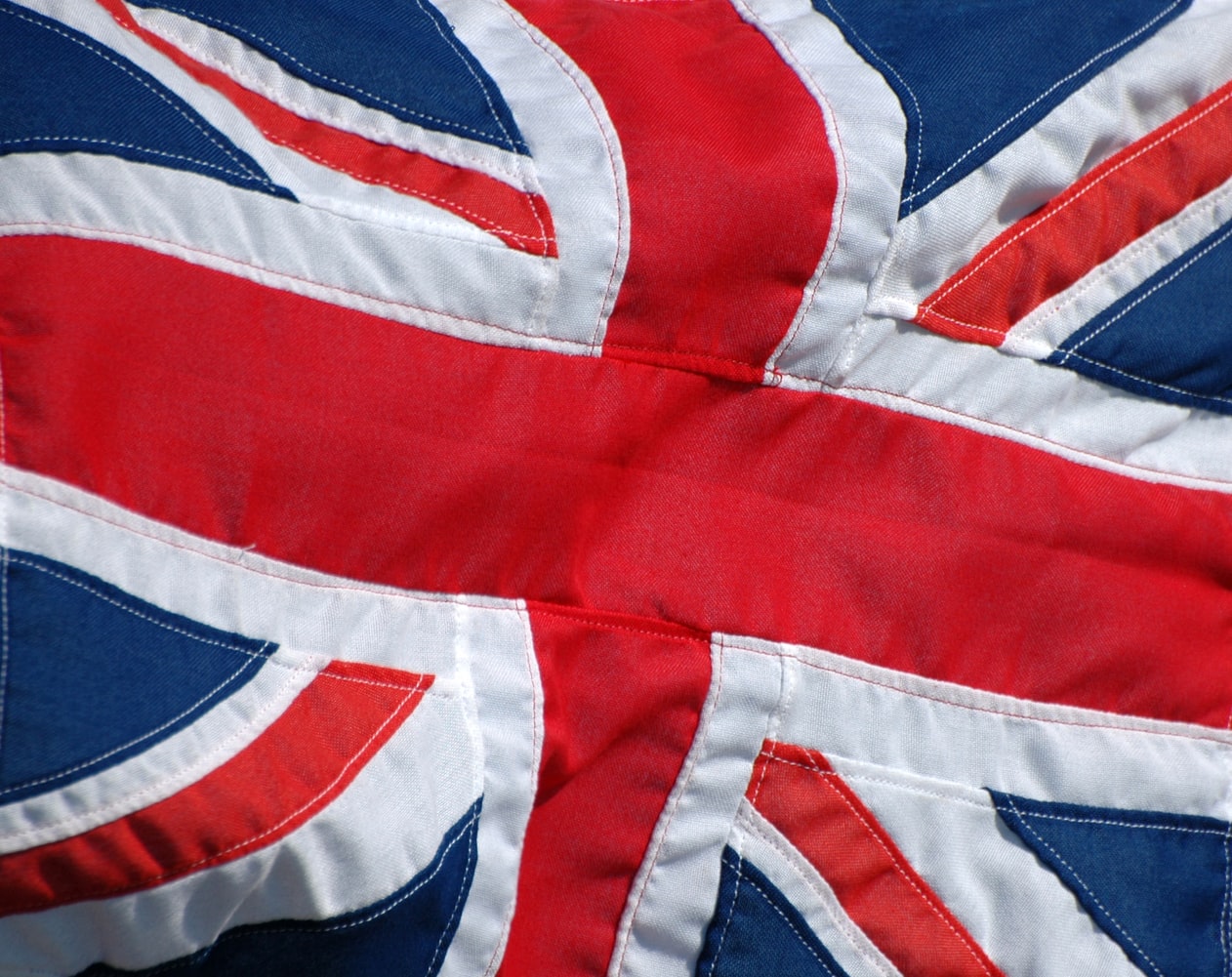The CPTPP is the UK’s biggest trade deal since Brexit, but how big is it really?
On Sunday 16th July, Kemi Badenoch, the UK’s Business and Trade Secretary, signed a treaty to join the Comprehensive and Progressive Agreement for Trans-Pacific Partnership (CPTPP). Ascending to the CPTPP is the largest trade deal formalised by the UK since its departure from the European Union and to Prime Minister Rishi Sunak, it is an achievement enabled by “post-Brexit freedoms”.
Composed of 12 economies distributed amongst three continents and home to 500 million people, the CPTPP is set to be worth £12 trillion or 15% of global GDP according to officials
Composed of 12 economies distributed amongst three continents and home to 500 million people, the CPTPP is set to be worth £12 trillion, or 15% of global GDP according to officials. Partners include Australia, Brunei, Canada, Chile, Japan, Malaysia, Mexico, New Zealand, Peru, Singapore, and Vietnam. The UK is notably the first new member since the partnership’s formation in 2018, and its first European member.
In an interview with Sky News, Kemi Badenoch hailed the benefits of the CPTPP, claiming that “the indo-pacific is where most of the world’s global growth is going to be coming from” and that “half the middle class will be there by 2050”.
Government officials have also added that over 99% of goods exported to CPTPP countries will now be eligible for zero tariffs, with membership expected to “turbocharge investment” according to a government press release.
Officials also claim that CPTPP countries employed 1 in 100 UK workers in 2019, representing 400,000 jobs. Of the jobs created by CPTPP investment, 75% were located outside of London, aligning with the ongoing “Levelling Up” agenda.
HSBC’s CEO, Ian Stuart claimed that: “The UK’s formal accession to CPTPP marks a significant milestone for UK trade, enabling ambitious British businesses to connect with the world’s most exciting growth markets for start-ups, innovation and technology.”
Critics have claimed that Britain’s new membership of the CPTPP is far from a post-Brexit turning point, stating that official estimates predict that joining will only boost British GDP by 0.08%
However, critics have claimed that Britain’s new membership of the CPTPP is far from a post-Brexit turning point, stating that official estimates predict that joining will only boost British GDP by 0.08%, or £1.8 billion annually, over the course of 10 years. For reference, the Chairman of the Office for Budget Responsibility, Richard Hughes, claims that Brexit could reduce the UK’s long run growth by 4%.
Furthermore, the UK has already secured trade deals with 9 of the 11 other members of the CPTPP, with seven of these deals associated with our former EU membership. Formal membership of the CPTPP only secures Brunei and Malaysia as free trade partners, with these economies accounting for less than 0.5% of total UK trade.
However, Badenoch claims that the £1.8 billion figure is a result of “static modelling” and focusing on the figure forgoes other key components of the UK’s new deal such as increasing “flexibility” and cutting red tape.
A single set of “rules of origin” were one of Badenoch’s focal points. These refer to regulations that stipulate the extent to which a product is required to be produced in a country, to be identified as being from that country. In the context of the CPTPP, a single set of rules of origin may mean that CPTPP products, produced in various CPTPP countries, may more easily enter the UK without tariffs, potentially reducing prices for consumers.
Even so, when contacted by The Boar Finance for comment on the significance of joining the CPTPP, Dennis Novy, Professor of Economics at the University of Warwick, stated that whilst there were some minor benefits to joining the CPTPP such as: “customs simplification that could be beneficial … [and] political value in having regular discussions with the other CPTPP member countries”, Novy argues that: “The impact of the CPTPP on the UK economy will be minor … [because] CPTPP member countries are geographically very distant from the UK, and therefore trade flows … are relatively small”.
In March, Shadow Foreign Secretary, David Lammy, claimed that the government’s “indo-pacific tilt” is “more rhetoric than substance”. Lammy went on to claim that it is “dishonest” to portray CPTPP membership as overturning Brexit’s impact to UK trade.
Badenoch put pen to paper to sign the accession protocol, but the agreement will undergo scrutiny in the House of Lords and legislative checks in partner countries. Businesses and consumers can expect to benefit from the new deal in the latter half of 2024.
Other applicants to the CPTPP include China, Taiwan, Ecuador, Costa Rica and Uruguay. Political controversy clouds the decision to admit Taiwan or China into the partnership. Taiwan is a highly suitable candidate, already being a member of APEC and the WTO. However China is already a major trading partner for many CPTPP members, representing a lucrative, but geopolitically grey, opportunity.
Either way, in the short term, the UK’s new CPTPP membership is a minor win, with the future of the partnership headed towards potential controversy
Either way, in the short term, the UK’s new CPTPP membership is a minor win, with the future of the partnership headed towards potential controversy. Real gains from our “post-Brexit freedoms” could be made should the UK sign a free trade deal with the US, or should the US join the CPTPP. However, following Trump’s withdrawal from the TPP (Trans-Pacific Partnership) and Biden’s reluctance to liberalise American trade, both possibilities look unlikely.
In the meantime, the UK still reels from Brexit, with the decision decreasing future long-run productivity by 4% and exports & imports to and from the EU by 15% relative to remaining within the trade bloc. Furthermore, our departure has disproportionately burdened British small and medium enterprises with new red tape, stifling entrepreneurship and UK competitiveness.

Comments